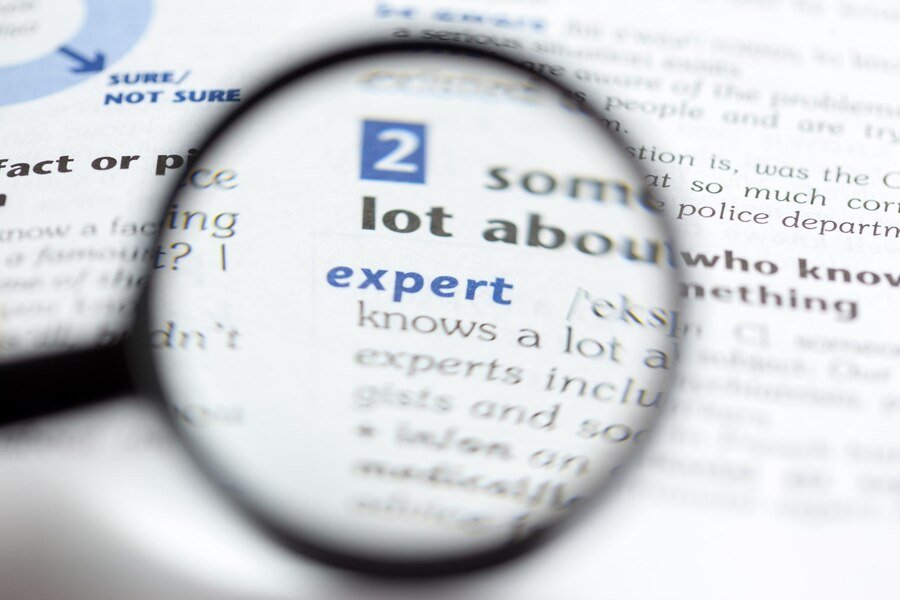Wikipedia is one of the most visited sites universally, filling in as a thorough asset for data on essentially any subject under the sun. As an open-joint effort online reference book, Wikipedia’s substance is made and altered by volunteers all over the planet. This one of a kind model has situated Wikipedia as a foundation of online data, making it fundamental to grasp its construction, history, and effect.
History and Evolution of Wikipedia
Sent off on January 15, 2001, by Jimmy Grains and Larry Sanger, Wikipedia was at first an assistant to Nupedia, a now-old free internet based reference book. The name “Wikipedia” is a mix of the words “wiki” (a kind of cooperative site) and “reference book.” Wikipedia’s dramatic development can be credited to its open-altering nature, permitting anybody with web admittance to contribute and alter articles.
The Structure of Wikipedia
Articles and Content Creation
Wikipedia articles are made out of a progression of pages that remember itemised data for different subjects. Each article should comply with severe rules to guarantee the data is precise, impartial, and certain. The substance is ordered and can be effortlessly explored through inner connections, making it an easy to use asset.
The Role of Editors
Editors, frequently alluded to as “Wikipedians,” assume an essential part in keeping up with the nature of content on Wikipedia. These workers audit alters, add new data, and guarantee that articles satisfy Wikipedia’s guidelines. The people group is automatic, with a bunch of decides and rules that assist with forestalling defacing and guarantee the validity of the data.
The Impact of Wikipedia

Educational Resource
Wikipedia is an important instructive asset, broadly utilized by understudies, scientists, and instructors. It gives a tremendous measure of data that is effectively open and for nothing. Its references and references offer pathways to additional nitty gritty investigations, making it a beginning stage for scholastic exploration.
Cultural Influence
Wikipedia’s impact reaches out past schooling into culture and society. It mirrors the aggregate information and inclinations of its patrons, offering understanding into how various subjects are seen universally. The stage’s broad reach guarantees that it assumes a huge part in moulding public information and assessment.
Controversies and Criticisms
Regardless of its numerous assets, Wikipedia has confronted a few discussions and reactions. The most unmistakable issues include:
Accuracy and Reliability
While Wikipedia takes a stab at exactness, the open-altering model implies that blunders and falsehood can be presented. Pundits contend that the absence of expert oversight can think twice about unwavering quality of the data.
Bias and Neutrality
Wikipedia’s obligation to an unbiased perspective is trying to keep up with. Editors’ own inclinations and the segment cosmetics of benefactors can impact the substance, prompting a slanted portrayal of specific subjects.
Notability and Content Guidelines
The criteria for notability and content inclusion have also been points of contention. Articles about less well-known subjects or figures may be deleted or never created, which can result in gaps in the available information.
Wikipedia’s Technological Framework
MediaWiki Software
Wikipedia runs on MediaWiki, a free and open-source programming stage. This product empowers the cooperative altering climate that is key to Wikipedia’s activity. MediaWiki is outfitted with highlights that help content administration, including layouts, augmentations, and different apparatuses to screen alters.
Bots and Automation
Bots are automated tools that assist with repetitive tasks on Wikipedia. These bots help with functions such as reverting vandalism, fixing common mistakes, and updating information. They are essential for maintaining the vast amount of content on the site.
Community and Governance
![]()
The Wikipedia Community
The Wikipedia people group comprises a different gathering of donors, including directors, editors, and easygoing clients. This people group is represented by strategies and rules that guarantee a cooperative and conscious climate. Customary conversations and agreement building are significant parts of Wikipedia’s administration.
Wikipedia Foundation
The Wikimedia Establishment, a non-benefit association, manages Wikipedia and its sister projects. It gives the important framework, lawful help, and key heading. The establishment likewise takes part in outreach exercises to all around the world to advance free information.
Wikipedia’s Sister Projects
Wikipedia is essential for a bigger biological system of undertakings overseen by the Wikimedia Establishment. These include:
Wikimedia Commons
A repository of free-use images, sound, and other media files.
Wikibooks
A collection of free textbooks and educational resources.
Wikidata
A structured data repository that supports Wikipedia and other Wikimedia projects.
Wikisource
A library of free content texts, including historical documents and literature.
Wikiversity
An educational platform offering free learning materials and courses.
Future of Wikipedia
Ongoing Developments
Wikipedia ceaselessly develops to meet the changing necessities of its clients. Late advancements incorporate upgrades to the UI, improved devices for editors, and drives to expand the variety of donors.
Challenges Ahead
As Wikipedia develops, it faces a few difficulties, including keeping up with the nature of content, tending to fundamental predispositions, and guaranteeing monetary maintainability. The Wikimedia Establishment is effectively dealing with methodologies to defeat these impediments and secure the eventual fate of free information.
The Role of Artificial Intelligence
Computerised reasoning and AI are progressively being incorporated into Wikipedia’s cycles. These advancements assist with errands like substance control, recognizing defacement, and working on the exactness of data.
conclusion
All in all, Wikipedia remains as a demonstration of the force of aggregate knowledge and open coordinated effort. It has changed how we access and offer data, turning into an irreplaceable instrument for a huge number of clients around the world. As it keeps on developing, Wikipedia’s obligation to giving free and dependable information stays immovable.